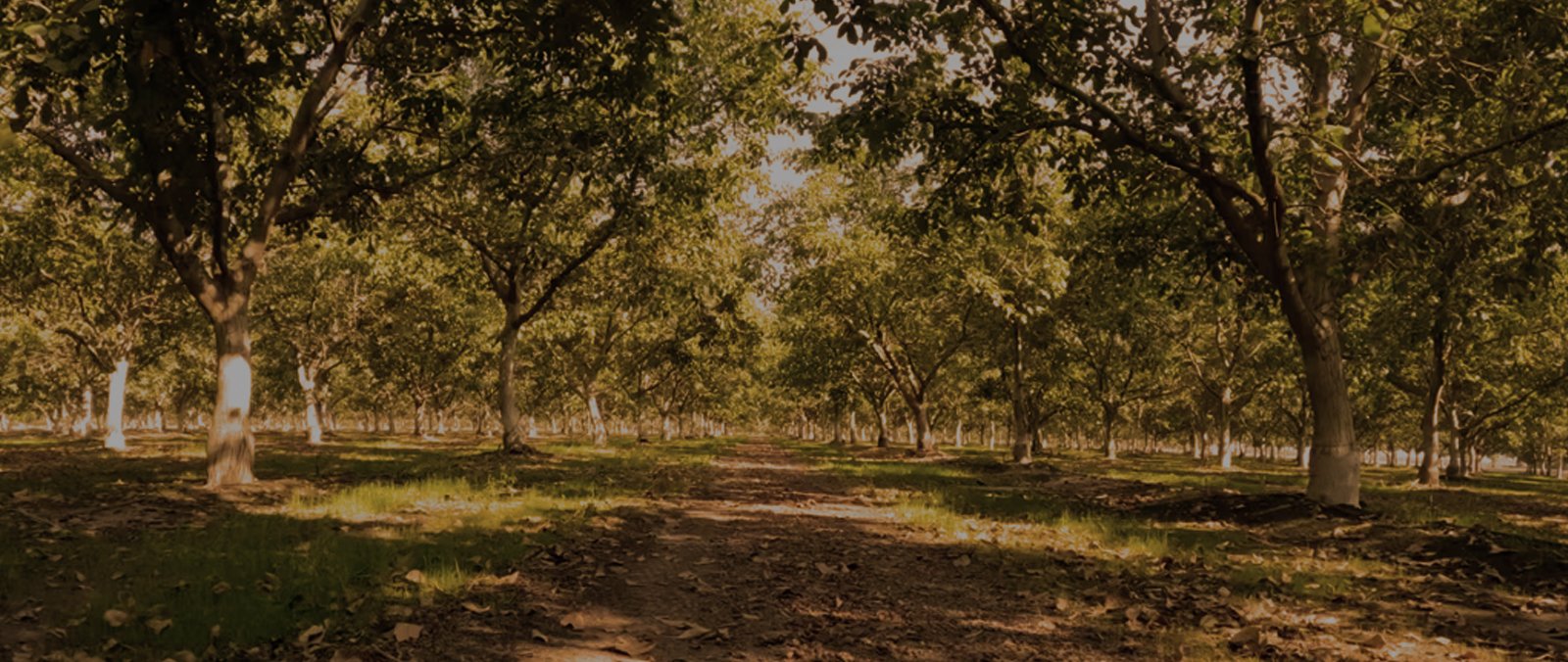
AUTONOMOUS IRRIGATION
Why do you need an Inertial Navigation Systems for Autonomous Irrigation?
In irrigation systems, Inertial Navigation Systems (INS) are not typically the main technology used. Instead these systems usually rely on methods, like soil moisture sensors, weather data and sometimes GPS for location information. However there are scenarios where INS or related technologies can be beneficial in irrigation. Here are a few reasons why INS might be considered in this context;
- Path Planning - When it comes to distributing water using vehicles or drones in agricultural fields, INS can contribute to accurate navigation and path planning. This is especially important to ensure that water is evenly distributed across the area.
- Adaptability to Terrain - INS can assist irrigation systems in adjusting to variations in terrain. By providing real time information about the vehicle's position and orientation, INS helps adapt the irrigation equipment to changes in slope or uneven terrain. This ensures water distribution.
- Operational Efficiency - Inertial Navigation Systems play a role in enhancing the efficiency of irrigation operations. By guiding irrigation equipment with precision, INS ensures that water is applied precisely where its needed. This efficiency is crucial for optimizing water usage and reducing waste.
While INS may not be the technology utilized in irrigation systems it can still offer valuable contributions in terms of navigation accuracy, adaptability to terrain variations and operational efficiency.
- Integration, with Sensors- To improve the effectiveness of irrigation, we can integrate INS with additional sensors like soil moisture sensors or weather stations. By combining data from these sources the system can make informed decisions regarding when and where to apply water based on real-time conditions.
- Operational Continuity - In environments where GPS signals might be obstructed or unreliable INS ensures that operations can continue smoothly. This is especially important in areas with vegetation or urban settings where GPS signals tend to be weaker.
- Automated Precision Farming - When used as part of a precision farming approach, INS contributes to automating farming operations. It plays a crucial role in precise navigation for tasks like planting, harvesting and fertilization.
- Data Logging and Analysis- With INS we can keep a log of data related to the movement and operation of irrigation equipment. This logged data can then be analyzed after each operation to evaluate irrigation strategies efficiency, identify areas for improvement and optimize irrigation plans.
While INS alone may not handle all aspects of irrigation, its integration with sensors and technologies significantly enhances the precision, efficiency and adaptability of irrigation systems.
The objective is to make sure that water resources are utilized in the manner encouraging agricultural practices that are both sustainable and efficient.
Contact Us for more information.
